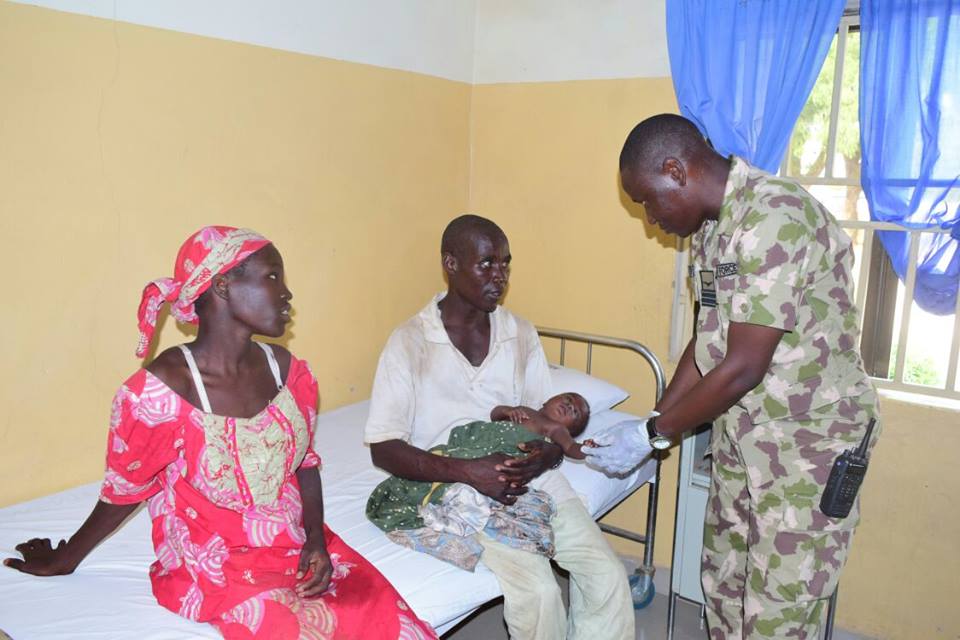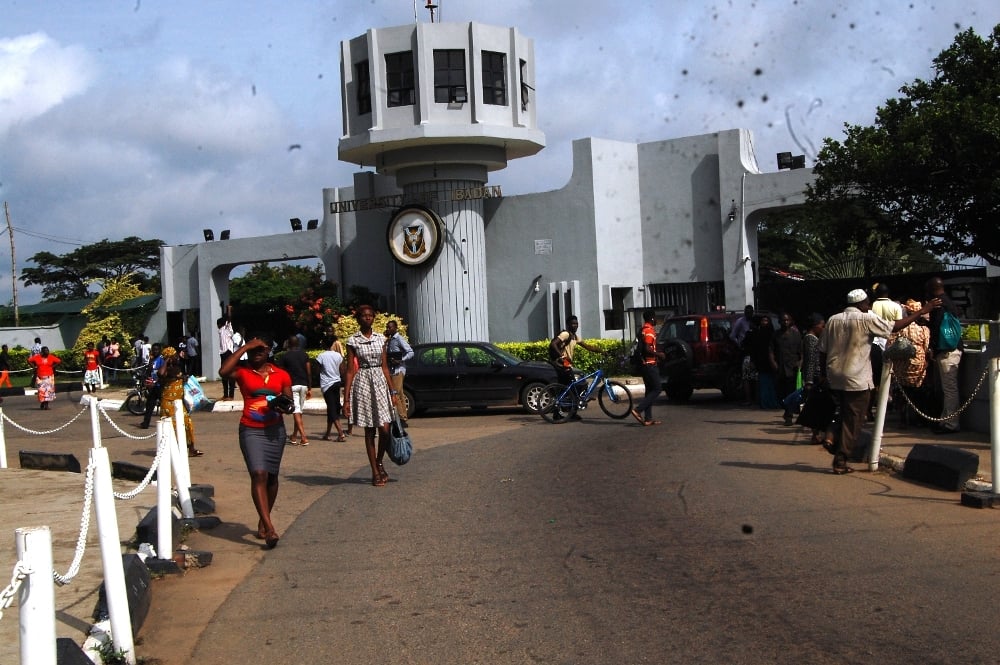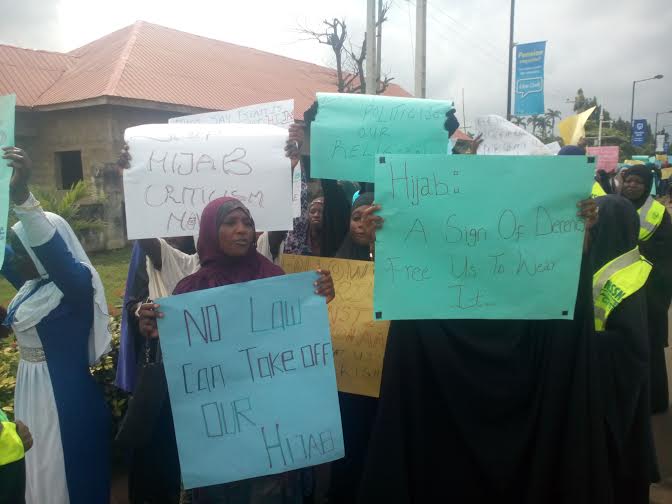BY AKIN OYAWALE
Amnesty comes from the Greek word amnēstiā which simply means a partial or total loss of memory. Hence, amnesty can be referred to as an official pardon to someone who has committed a particular offence. The abduction of secondary school girls in Chibok town, Borno state Nigeria, in 2014, brought this small town to global attention, albeit for the wrong reasons. The publicity that this dastardly act attracted, was unprecedented as President Obama and his wife, the first lady of the United States threw their weights behind promoting the ‘Bring Back Our Girls’ campaign.
It is often argued that terrorism is political. This is understandable due to the explicit intentions of terrorists. Ideally, they publicise a certain manifesto and political agenda in a bid to convince the public that their actions are not for selfish financial purposes, but rather, a sacrifice being made for justice (for the downtrodden and marginalised), a cause, or some other transcendental objectives (in the name of God).
Although, most terrorists engage in actions that can be regarded as organised crime, such as carjacking, illicit drug trafficking such as narcoterrorism, smuggling and bootlegging of products like cigarette, across borders such as the case with Mokhtar Belmokhtar alias Mr Marlboro (in allusion to his illicit cigarette trade), this criminal activity is still essentially perceived as an appendage. This is not to mention the several abduction of foreign nationals for ransoms which has inevitably prompted some authors to argue that a crime-terror nexus has been born.
The question to ask at this point then is, was the abduction of the Chibok girls political or criminal? Yasser Arafat and Mandela are two men who were at some point in the past labelled as ‘terrorist’ leaders but later won Nobel Peace Prizes, which affirms the postulation that, being a terrorist at some point, does not make a person a terrorist forever. This does not quite happen with any other form of criminality. If a person is a suspected or convicted armed robber, it will be difficult to shake-off that label. Hence, if the militant that was found in possession of the girl had perpetrated this act as exclusively for personal gains like other Nigerian abductors, would amnesty even be mooted? My point is this, in this case, could we argue that, Boko Haram militants crossed the criminality line when the abducted girls were abused and converted into sex slaves rather than being used as a bargaining chip (political means)? The girls could have easily been held captive and traded for whatever has value to the militants rather than being possessed, abused and defiled. They could have been utilised as a weapon of coercion.
Advertisement
Could this offer of amnesty by the federal government then be regarded as a stroke of genius or an act of insanity? On the genius train will be arguments such as, we could take a leaf from the fairly successful amnesty programme in the Niger Delta and replicate such in the north east; offering amnesty could mean other culprits would be motivated to surrender if they knew that they would be pardoned as well; the girl might have developed a bond with the man and it would hurt her it we punished him; and several other arguments in favour of leniency. On the justice train will be arguments such as: the girl was a minor yet she was violated and abused by an abductor who should face justice; the militant robbed the girl of her innocence, destiny and dreams and must pay for it; and the case should be treated in such a manner that it must act as a deterrent to others who may harbour such actions in future, among others.
We must not jump the gun as news of an impending amnesty in unsubstantiated and has only been making rounds on the grapevine. However, the treatment of the alleged abductor may as well be a clue of things to come. Under the current circumstances, amnesty for this mysterious Boko Haram member pending a proper investigation will be foolhardy. Amnesty is never a blanket activity as there are usually corrigible and incorrigible elements within the ranks of terrorist organisations. Most corrigible elements are often forcefully indoctrinated, meaning that some are ready to quit at the slightest opportunity, while the incorrigible elements are usually die-hard and hardly repentant.
At the end of the day, what matters is the development and implementation of a post-rescue plan for not only the Chibok Girls (in anticipation of their freedom), but every other abducted Nigerian citizen, as the country had a duty to protect them in the first place. The country has essentially failed in this primary duty, and must strive to make amends by making sure that their full reintegration is achieved.
Advertisement
Views expressed by contributors are strictly personal and not of TheCable.
Add a comment






